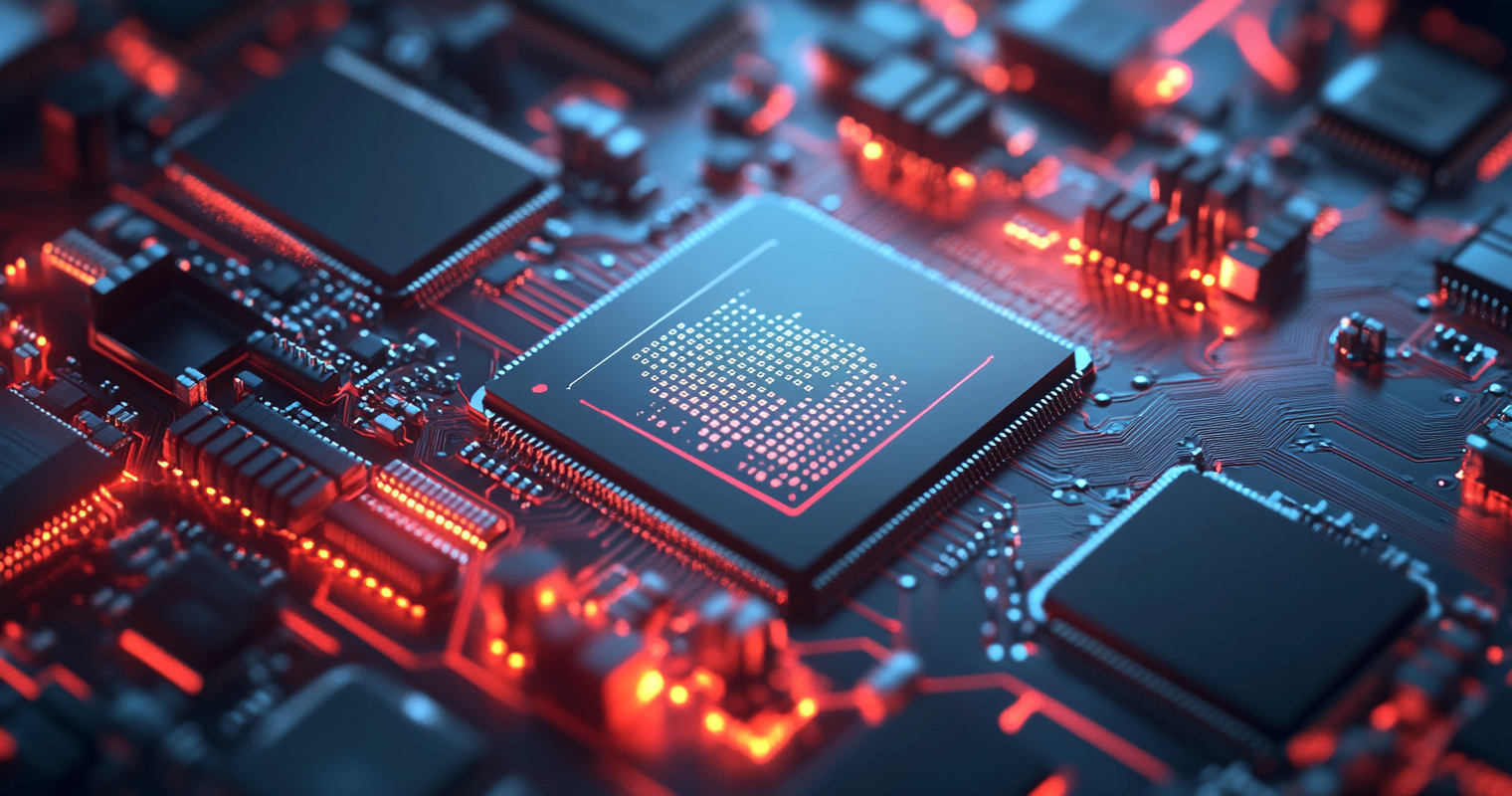October 22, 2024
The US Commerce Department is looking into whether Taiwan Semiconductor Manufacturing Company, the world’s largest contract chipmaker, is — knowingly or unknowingly — producing computer chips for the Chinese technology giant Huawei.
TSMC is one of the most strategically important companies to the United States because of its overwhelming market share in the chip fabrication process. Chip designers such as NVIDIA, AMD, and Apple send their chips to be made at TSMC facilities. But it’s also located, as its name suggests, in Taiwan — and that makes its relationship with China, which doesn’t acknowledge Taiwan’s independence, geopolitically significant.
The US investigation, recently reported by The Information, is eyeing whether TSMC is manufacturing Huawei chips — either those used to power smartphones or AI applications. Under the Biden administration, the US has strengthened export controls, preventing US companies — or those reliant on US parts — from selling chips and semiconductor manufacturing equipment to Chinese companies. While Huawei has the most advanced AI chips in China, they lag significantly behind US chipmakers Nvidia, AMD, and Intel because they don’t have unfettered access to important middlemen like TSMC and the Dutch photolithography company ASML — that is, unless the US finds a major breach or loophole.
Commerce Secretary Gina Raimondo recently said she’s under “no illusion” that her department is completely sealing off China – so she knows that US-made chips and equipment are making their way to China through underground markets and intermediaries. The New York Times reported that hundreds of thousands of banned chips have been sold in the Shenzhen electronics markets alone.
Xiaomeng Lu, director of Eurasia Group’s geo-technology practice, said that the TSMC investigation appears to look at whether the company is following export control rules. “This question is slightly different than whether Huawei got restricted chips from TSMC through illegal channels,” she said. “If Huawei is doing that, which is a more geopolitically significant development than potential TSMC misconduct – and TSMC proves they are following all US rules and regulations, Huawei should be the one receiving severe penalties. And I am almost certain they will.”
A violation by TSMC would be legally risky – and a massive business mistake given the company’s closeness with the US and other Western nations it relies on. But the experts who spoke with GZERO are skeptical this is the case.
Hanna Dohmen, a research analyst at Georgetown University's Center for Security and Emerging Technology, said TSMC would be foolish to knowingly allow sales to Huawei — even through an intermediary.
“Given TSMC’s position in the US-China technology competition, it would be surprising if TSMC is knowingly providing its services and exporting TSMC-fabricated chips to Huawei or any third-party affiliates,” she said. “Such a brazen violation of US export controls would put it squarely at risk of significant legal, political, and reputational consequences.”
TSMC is also set to receive $6.6 billion from the US government, she notes, to build advanced fabrication facilities in Phoenix, Arizona. “For such a significant amount of taxpayer money, it will be important for TSMC to demonstrate that it is doing everything it can to comply with US regulations to avoid political and reputational fallout with policymakers on the Hill, the administration, and the public.”
The US has not yet alleged any wrongdoing and has merely opened an inquiry, and it could be months before the probe is completed.
If wrongdoing is proven, TSMC would be on the hook for major financial penalties, just as Seagate was last year when it was fined $300 million by the Commerce Department for illicit sales to Huawei. Such a revelation would also call into question the balance of power between the US and China, their race for AI, and Taiwan’s role in the middle.More For You
As expected, the Supreme Court struck down the bulk of Donald Trump's sweeping “Liberation Day” tariffs as illegal … and almost nothing changed.
Most Popular
What's Good Wednesdays
What’s Good Wednesdays™, February 25, 2026
Sponsored posts
Small businesses at a crossroads
Chris, an Army veteran, started his Walmart journey over 25 years ago as an hourly associate. Today, he manages a Distribution Center and serves as a mentor, helping others navigate their own paths to success. At Walmart, associates have the opportunity to take advantage of the pathways, perks, and pay that come with the job — with or without a college degree. In fact, more than 75% of Walmart management started as hourly associates. Learn more about how over 130,000 associates were promoted into roles of greater responsibility and higher pay in FY25.
Ukraine's President Volodymyr Zelenskiy, Finland's President Alexander Stubb, Estonia’s Prime Minister, President of the European Commission Ursula von der Leyen and other European leaders visit memorial to fallen Ukrainian defenders at the Independent Square on the fourth anniversary of Russia's full-scale invasion, in Kyiv, Ukraine February 24, 2026.
Ukrainian Presidential Press Service/Handout via REUTERS
Somewhere in the Donbas region, Ukrainian soldier Artem Bondarenko says he hasn’t slept through the night in months as he defends Eastern Ukraine.
- YouTube
In the latest episode of Vladimir Putin and Xi Jinping's hit wellness podcast This Authoritarian Life, we learn how positive communication patterns can break negative cycles in our relationships -- especially our relationships with Iran, Syria, Venezuela, and Cuba. #PUPPETREGIME
© 2025 GZERO Media. All Rights Reserved | A Eurasia Group media company.
